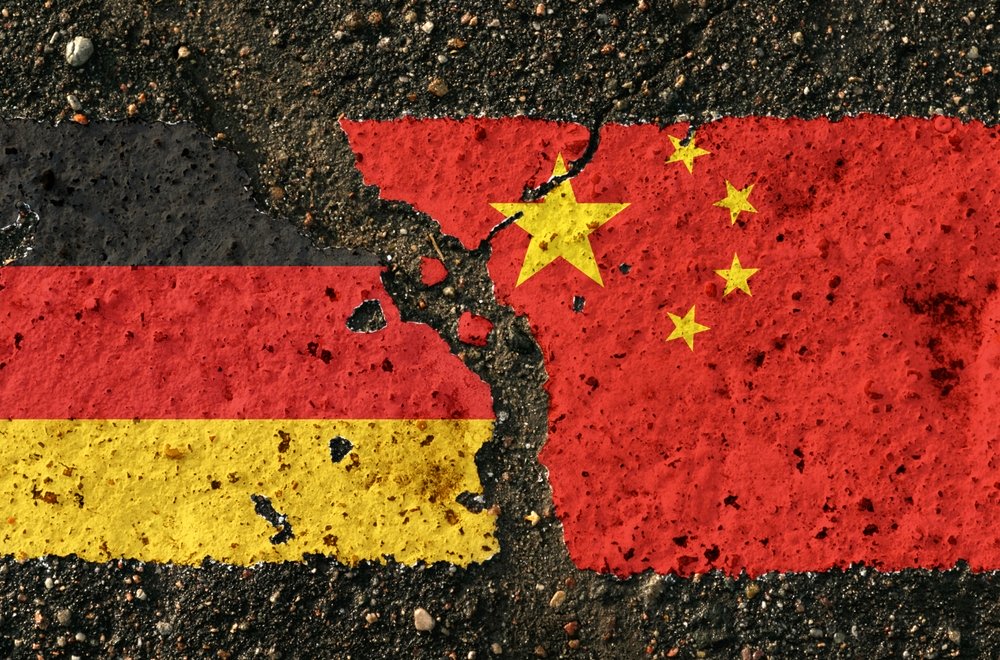Germany’s trade balance is suffering from a significant shift in favor of China. While imports from China are increasing, German industry is facing an export crisis. The resulting trade deficit not only represents a financial risk but also necessitates an adjustment of economic policy. The figures show that Germany’s foreign trade balance is diverging, and its dependence on goods flows from China is noticeably increasing.
Record Deficit Weighs on Trade Balance
According to the latest calculations by the German government’s foreign trade agency, GTAI, Germany is facing the largest trade deficit in its history this year. The difference between imports and exports amounts to approximately 87 billion euros – with a clear trend toward further deterioration. Rising imports from China are undermining every attempt to curb the export crisis. In addition, the economic slowdown in China itself is causing demand for German industrial products to shrink, further burdening the already strained foreign trade balance.

More and more German companies are relocating parts of their production to Asia to cut costs. This move further exacerbates the situation, as it results in fewer high-quality industrial goods from Germany entering the Chinese market.
Impact on Economic Policy
This development demonstrates why the current economic strategy is insufficient. The German government faces the task of actively stabilizing the trade balance and reorienting German export performance. The sharp increase in imports from China is undeniable: electrical engineering products, spare parts, pharmaceuticals, and textiles now dominate the import lists.
Demand in Germany for battery cells, electronic components, and household appliances from the Far East is constantly growing. Mass-produced goods from China – such as lithium-ion batteries or small appliances – are increasingly shifting the balance, as they can hardly be replaced by domestic production.
Trade Deficit as a Long-Term Threat
Economically and politically, the growing trade deficit is a warning sign. The German economy is at a strategic turning point: if the contribution of foreign trade is not strengthened, a deeper trade deficit looms, with far-reaching consequences for the labor market, tax revenues, and innovative capacity. A confident economic strategy – focusing on diversification and technological sovereignty – is essential if the trade balance is to be steered back into positive territory.
Conclusion: Economic policy under pressure
The current developments clearly show how critical the state of the trade balance has become. Without targeted reforms, the dependence on China will persist. More investment in new markets, a strengthened export culture, and a smart trade regime are key components of a sustainable solution.
